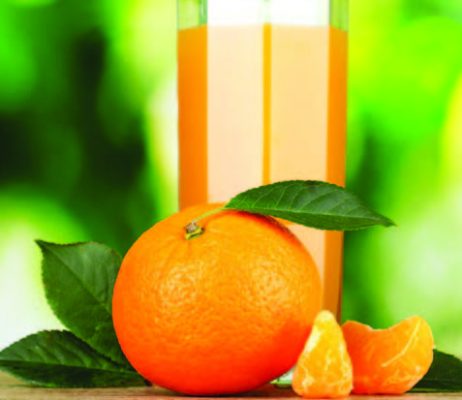Orange juice and juices from other citrus fruits could be much healthier than previously thought as researchers found that these are ten times richer in antioxidant content than what current methods estimate. High content of antioxidants in one’s diet help reduce harmful free radicals in our body. “The antioxidant activity is, on average, ten times higher than that which everyone thought up until now,” said Jose Angel Rufian Henares, professor at the University of Granada in Spain.
The new technique to measure antioxidant content called ‘global antioxidant response’ (GAR) shows that this property has been undervalued in other food as well. The results suggest that tables on the antioxidant capacities of food products that dieticians and health authorities use must be revised. The method includes assessments of various physical and chemical parameters, such as colour, fluorescence and the relationship between the concentrations analysed and compounds indicators such as furfural. Upon applying the technique to commercial and natural orange, mandarin, lemon and grapefruit juices, it has been proved that their values greatly increase. With the help of this method, scientists have also created a mathematical model in order to classify juices according to their natural and storage conditions, which ensures that the correct raw materials and sterilisation and pasteurisation processes are used.
Citrus juices rich in antioxidants
